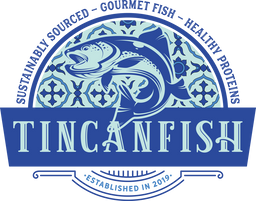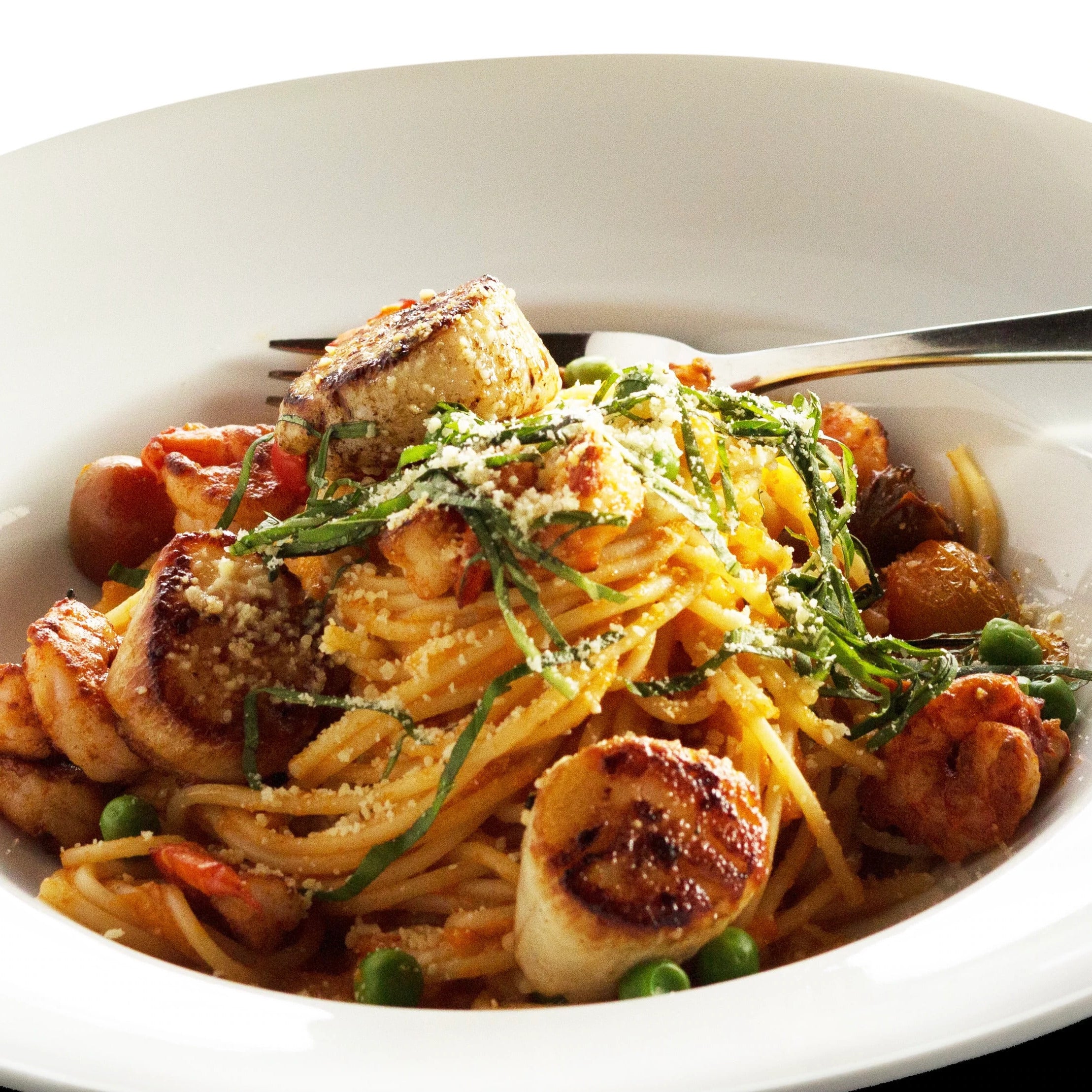Whether you’ve long immersed yourself in the world of Portuguese cuisine or are dreaming of future travels and culinary adventures while living through a global pandemic, there’s always another layer to discover in a delicious dish. Today we’re going to dive into the flavors of the Iberian peninsula and the marine life that makes this cooking tradition so distinct and delectable.
Iberian Peninsula Flavors
Portuguese fish and culinary cuisine is part of a geographical region - the Iberian peninsula. Also known as Iberia, it is the second-largest peninsula in Europe. This landmass includes Portugal, Spain, Southern France, Andorra, and the island of Gibraltar. While there are, of course, distinct cultural niches within the area, the exchange of goods and people living in proximity to one another forms an amebous overlap of ideas, culture, and preferences. The best, most delicious ideas are shared and travel with communities through time and space.
Around 53 million people live in the area of the Iberian Peninsula today - though the peninsula has been inhabited by hominins for at least 1.2 million years. With that sort of longevity comes a rich tradition of connection to the landscape and the culinary arts. Today we’re going to shine a particular focus on seafood from that area including mussels, squid, anchovies, and octopus.
Mussels

For many Portuguese families, harvesting mussels on the beach and devouring their delicious taste right there on the ocean’s edge is the epitome of family tradition and culinary ritual.
Mussel is a common name for members of families of bivalve mollusks. They are found in a wide variety of places in or near bodies of water. Depending on the species, you might find mussels in a tidal zone or fully submerged areas. Different types of mussels can tolerate various temperatures and salinity levels. Mussels can spread quickly, floating on currents before sinking and attaching themselves to surfaces. As they snack on phytoplankton and other organic matter, they filter the water. Starfish gobble them up. Seabirds snarf them down. And humans have been joining in on the feast for a long time, too.
Delicious Portuguese-style mussels can be cooked in a creamy garlic sauce, smoked over a fire, or cooked with tomatoes. It’s a popular dish in this culinary tradition, and for good reason: the Iberian Peninsula boasts one of the highest mussel production levels in the world. This has drawn the attention of those working hard to understand the intersections of climate change and aquaculture.
Scientists have identified the wild mussels along the Northern Iberian Peninsula as Mytilus galloprovincialis through DNA markers. Living along 1000 kilometers of Atlantic coastline, these mussels demonstrate distinct adaptive capabilities. Ongoing work to identify different taxa is important as we assess the effects of climate change on populations of mussels.
Squid

If you were to walk through the fishing markets of the Iberian Peninsula or explore the coastal fishing villages like Ayamonte and Monte Gordo, for instance, it wouldn’t be long before you caught sight of squid, prepared and sold for distinctive meals of the region.
Squids are cephalopods and the world’s largest invertebrates. You can recognize them by their long bodies, eight arms, two tentacles, and big eyes. They are quick swimmers and hunt with their keen eyesight. They have not one, but three hearts. In order to maintain their high metabolisms, they must consume a lot of energy - and will eat almost anything, ripping into their meals with a parrot-like beak. They have advanced nervous systems and kill their prey very quickly - and have even been known to eat their fellow squid if no other dinner is in sight.
Squid is a common dish around the world, often served as calamari. There are endless recipes to cook, grill, or fry these creatures for a fancy seafood meal. On the Iberian Peninsula specifically, there are dishes such as Algarve fried squid and squid stew that are worth a try, even if your kitchen is woefully far from a warm coastline.
Anchovies

Anchovies appear in tiny tin cans all over the world, gracing the shelves of grocery stores in a briny glory. But the Iberian region of the world holds a special regard for these salty swimmers - especially when they’re served in a mixed tomato salad.
Anchovy is a kind of fish that includes over 100 species of small herring-like swimmers. Most of these species have a large mouth and snout and are concentrated in temperate waters.
Anchovies are an important part of ecological systems as well as commercial and culinary industries. They are a critical food source for predatory fish, making them a connective element of marine life food chains.
Anchovies aren’t just delicious under the water, however. Once caught, sold, processed, and served on a plate or straight out of a tin, anchovies grace the table in the form of appetizers, salad dressings, sauces, pasta entree, and pizza toppings.
When purchasing any marine-life product in the grocery store, including anchovies, it’s important to practice consumer awareness and buy from companies that use sustainable methods. You can keep an eye out for certain labels to know which brands to trust.
Octopus

Octopuses are what some science journals have called the “deep-sea thinkers”. With a large nervous system and vast cognitive complexity, the majority of their neurons are actually in their arms, which can touch, taste, and move independently from their brain. They are soft-bodied with two eyes and a beak. Octopus are able to absorb oxygen through their skin.
There’s a lot more to learn about the brains and bodies of octopuses, and it can be a contentious issue of ethics in regard to eating these sentient beings. But while scientists and animal rights activists go back and forth on certain aspects of the conversation, many communities around the globe are unfazed by recent discoveries and eat this cephalopod with delight. In Portugal, octopuses are eaten à lagareiro (cooked in olive oil), stewed with rice, or breaded and deep-fried.
Conclusion
The Iberian peninsula offers flavors that, depending on your experiences, might be comfortingly familiar or a strange new world of taste. Either way, it’s a delicious tradition to travel and pay homage in the kitchen any day of the week.
As is always the case when incorporating seafood into your diet, be sure to do your research on which companies maintain sustainable practices of fishing and manufacturing. It makes the food taste all the better.
By: Siri Undlin


